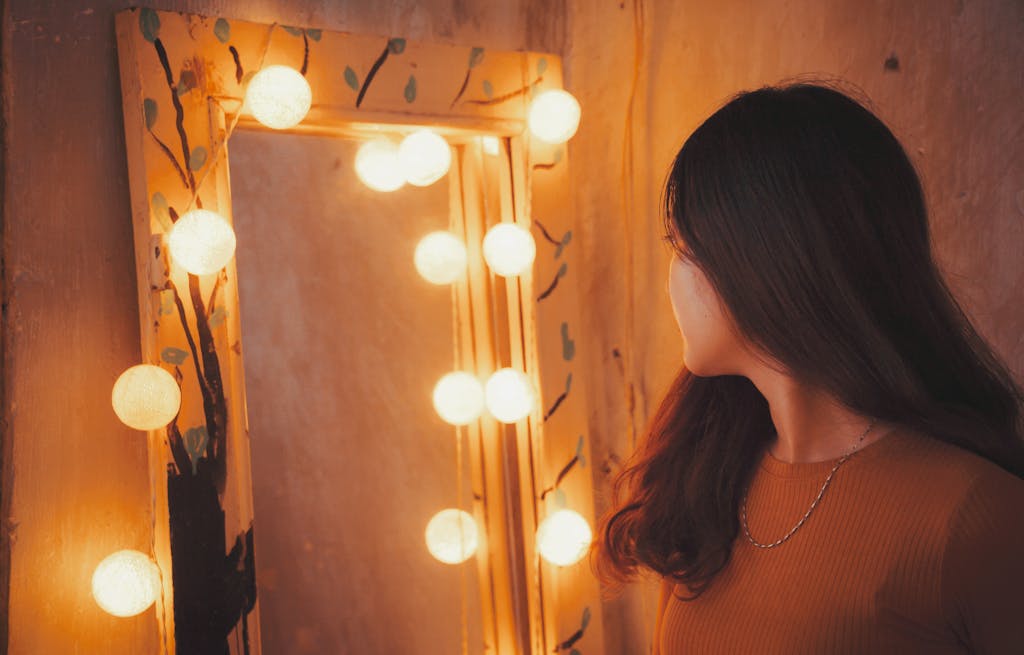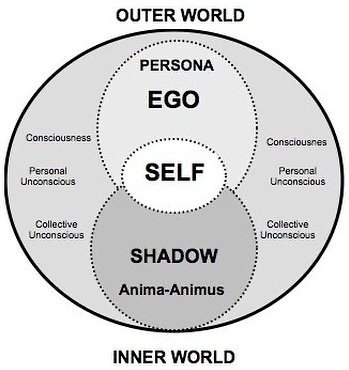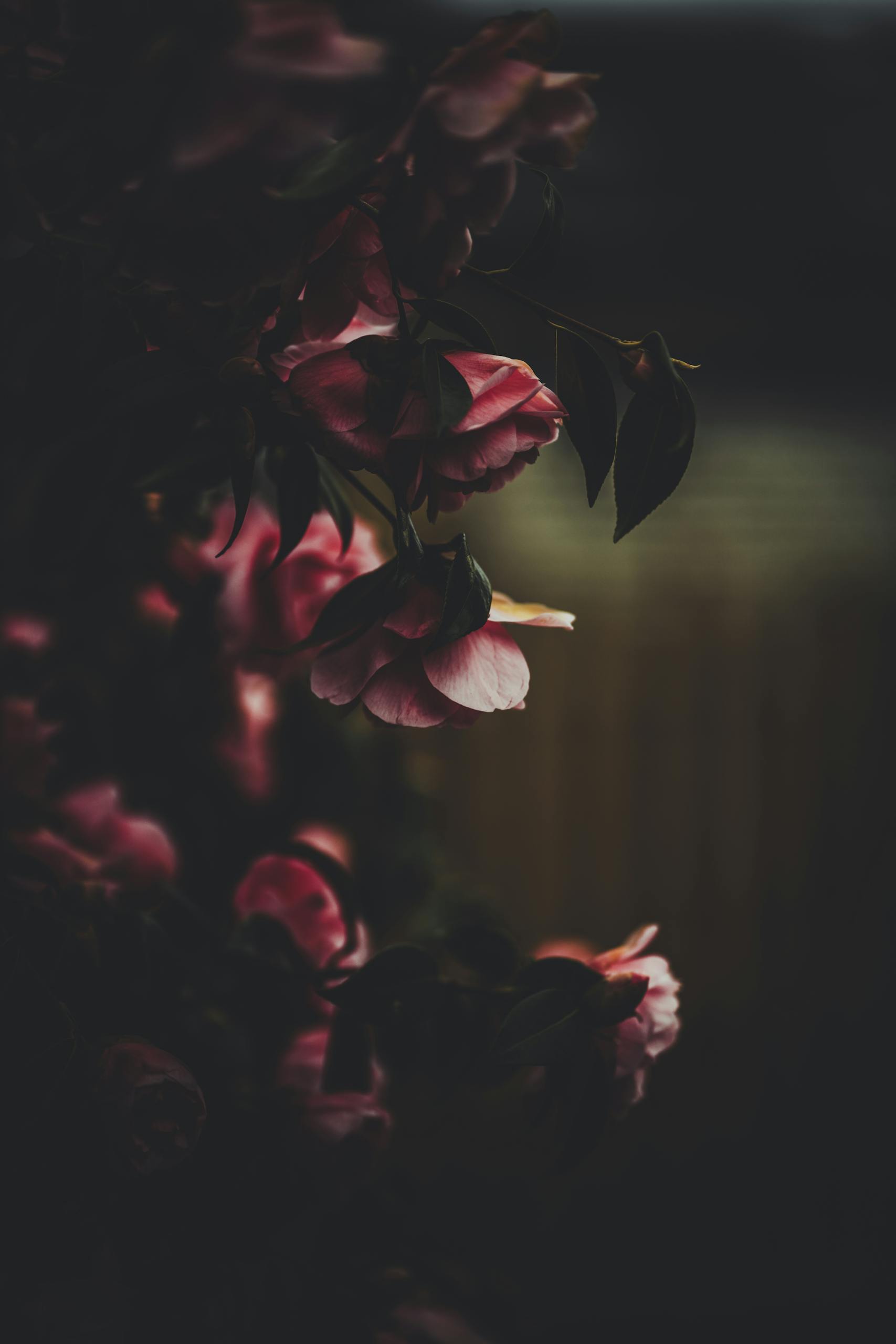We Need to Discuss the Feminine and Masculine Narrative

Recently, there’s been an uptick in conversation about feminine versus masculine energies online. Specifically, how women should lean into their feminine energy, indirectly suggesting that exhibiting any masculine traits is unhealthy. While there isn’t anything wrong with a woman exploring her feminine side, this commentary is potentially very repressive of various personality traits. Further, it could feed into a misogynistic narrative that it was never originally intended to be.
The concept of feminine and masculine energy has been around for centuries. However, in modern day, the concept was popularized by Carl Jung. He named these collections of traits the anima and the animus, intended for naming repressed aspects of the unconscious mind (of course, not to be confused with the shadow archetype).
In this post, we’re going to explore Jung’s concept of the anima and animus, how they are intended to be interacted with, and how recent commentary misses the mark.
Archetypes
Jung was most famous for his idea of archetypes. His most popular archetypes include: the hero, the wise old man (or sage), evil, the trickster, the mother and father, the shadow, and of course, the anima and animus. Each holds specific meaning within each person’s psyche, and it’s important to remember that the archetypes are NOT gender roles.
The archetypes are meant to represent different events and qualities occurring within all of us, man or woman. For example, the wise old man is not necessarily a man who is old, but is the features of what that would be. This includes mentoring/guiding others through hardships and patience. In media, the most popular examples of the wise old man are Gandalf and Obi Wan Kenobi.
The anima and animus are sometimes negatively associated with the psyche, but each should be integrated into our lives as they show traits we are born with like any other archetype.
Instead of representing opposing energies that must be dimmed or feared, they show us the dualistic nature of human psychology and often demand recognition in dreams.
Anima and Animus
Usually present within men, the anima represents the feminine and is one of the four archetypes of personality. Because of repressed sexuality or societal expectations of what men should or shouldn’t be, the anima can be cumbersome to face in dreams.
In its detriment, the anima can manifest in dreams or unconscious behaviors as hypersexuality or inability to express emotions. These negative traits are most present in men who haven’t fully integrated its traits. As they move through life, men can achieve the anima’s highest form, wisdom.

The animus, often present within women, is argued to be more complicated than the anima, as it represents several repressed aspects of personality. In its detriment, the animus manifests as negative masculine traits like aggression and need for power or control.
It can take many forms in dreams, which is why it is of utmost importance to recall them (see 5 Ways to Improve Your Dream Recollection Skills). In one dream, I have seen it take form as an alcoholic, another as negative memories around men, and others, my deepest, darkest desires. I used to fear these dreams, but now that I usually can identify what they mean, they aren’t scary.
Integration
Encountering the anima or animus can be frightening, but these dreams are meant to shed light on the dualistic nature within us all. It is not meant to ignore or further suppress, rather, we are called to incorporate those parts of our personality in a healthy manner.
Throughout life, we’re told to “just be ourselves,” and it’s no different when dealing with our feminine and masculine traits.
For example, I am a woman with several feminine traits, including being deeply in tune with emotion, compassion, and vivid self expression. I would also not be entirely myself if I didn’t embrace traits, like my independence and assertiveness. Married together, these traits all make me who I am.
It is not wrong in the slightest to embrace all parts of your personality. Repression will only lead to various forms of neuroses, as argued by Jung.
How Today’s Narrative Can Improve
The point is that there must be balance. If you are a woman who usually leans more into her masculine traits, then you should explore your feminine side, and in vice versa. Living in balance almost always brings harmony in a person’s life.
Make no mistake, I do think there’s some validity to the discourse around the subject but we also need to remember and embrace the traits we are born with.
Truthfully, I think people are entitled to have their own opinion of things. I also believe that we should tread carefully when speaking to wide audiences on this kind of subject matter.
The anima and animus are an inner guide that is projected into the material world and a person’s life experiences. To understand one’s dual side is to understand one of the innermost parts of their soul. Therefore, feminine and masculine energies should be viewed in a similar light.
Be bold enough to discover the hidden aspects of yourself. You may find yourself having dreams with male or female figures present in vastly different settings. If you ever find yourself having strange or disturbing dreams, it may also be your shadow – but that is a topic for another day.
Further Reading/Watching
If you found this post interesting and want to learn more, here are a few books to help you dive deeper into Jungian psychology. I’ll also include a couple of Joseph Campbell’s works, as he was famously a follower of Jung.
For more on the anima and animus:
- “Instinct and the Unconscious” – Carl Jung
- Man and His Symbols – Carl Jung
- The Hero’s Journey – Joseph Campbell
Here are also a couple of my favorite videos on archetypes and ancient myth!
- “The Mythology of Star Wars” https://www.youtube.com/watch?v=WzP_fQW4bZc
- “The Power of Myth” with Joseph Campbell and Bill Moyers (this link will take you to a clip from a much longer series but is a great start!) https://www.youtube.com/watch?v=0PwW3S9eHrg
Thanks for reading! I promise I will take a break talking about Carl Jung for a week. 🙂 Are there any burning topics related to dreams or the arts you’d like to see here? Email me at [email protected]!


